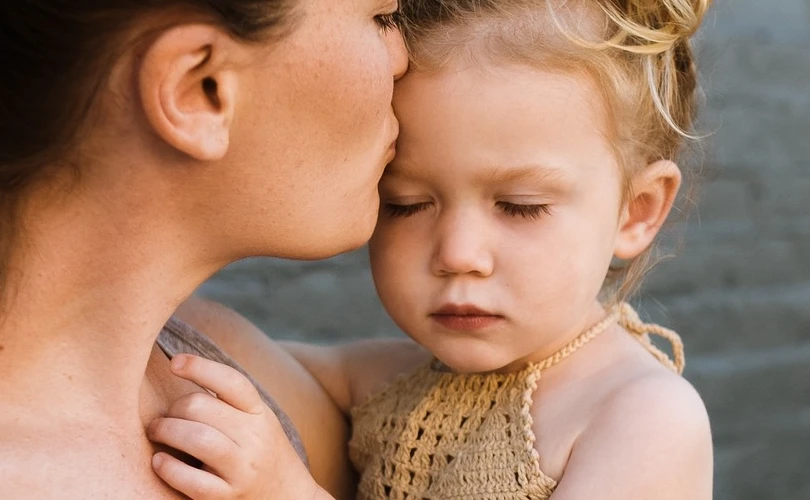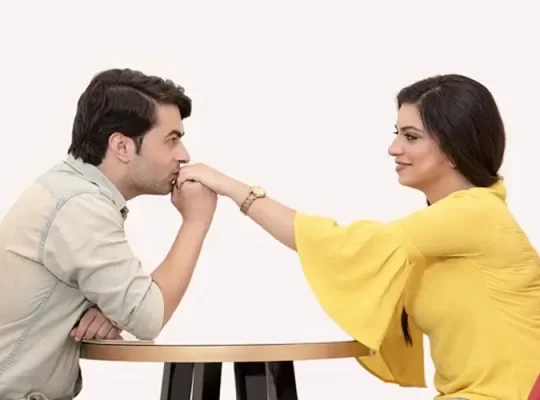Experiencing the loss of a spouse is a significant life event that has an impact on every facet of your existence. It is natural to experience grief, but at some point in time, you could begin to feel ready to start dating again. Your choice, on the other hand, is not one that you should make flippantly. Before you decide to go out on a date, you should consider your mental well-being, the requirements of your children, and what you want for yourself.
Having the awareness that certain members of your family and friends might disagree with your decision to date again is a crucial thing to keep in mind. They may feel uneasy about your new connection or believe that you should wait longer than you should. Both of these possibilities are possible. It would help if you didn’t let their viewpoints stop you from doing what you know to be best for yourself and your family.
The desire of a widow or widower to begin dating again while experiencing feelings of guilt and sadness over the loss of their spouse might make the process more difficult. Whenever the death is sudden or unexpected, these sentiments tend to be more severe than they would otherwise be.
The process of healing may be a lengthy and challenging one, and the death of a spouse can be one of the most difficult situations that a person can go through during their lifetime. It can be incredibly challenging for a widow or widower to face the thought of beginning a new relationship after the death of their spouse. On the one hand, they could experience feelings of isolation and a need for the company of others. Conversely, they could feel guilty when they move on from their departed spouse as if doing so is a betrayal of their ability to remember them.
These contradictory feelings can become more powerful when the death is unexpected or occurs suddenly. In situations like these, the surviving spouse could have the impression that they did not have enough time to say goodbye correctly, and they might be plagued by emotions of remorse or left with unfinished business. They may find themselves repeatedly revisiting the final moments of their spouse’s life in their minds, wondering whether there was anything they could have done differently to prevent the tragedy from occurring.
On the other hand, the mourning process may be a drawn-out and excruciating one, and exposing oneself to fresh love and vulnerability may seem intimidating to some people. The widow or widower may feel betrayed and anxious while contemplating the idea of a new relationship. They may feel they are betraying their departed spouse by even exploring the potential of a new connection.
Despite their difficulties, many widows and widowers do, in the end, find love again. They may seek out support groups or counseling to assist them in working through their feelings of sadness and guilt. Additionally, they may want to introduce themselves slowly to a new romantic partner. The decision to begin dating again is, in the end, a profoundly personal one, and each person must find their way through the complicated feelings that come along with the divorce or death of a spouse.
Some people choose to start dating again many months or even years after the loss of a loved one, while others wait until they are well into the mourning process before they meet the person who is the perfect match for them. This decision should be taken on a personal level but with the assistance of a trained expert.
The process of moving on to a new relationship while grieving is a long and winding one. When you first meet someone new, it is not unusual to encounter feelings that conflict with one another, such as love and guilt. It is essential to take a step back from the connection if you are feeling overwhelmed by the sadness of your deceased spouse as well as your feelings for the prospective new partner you are considering.
Overcome Obstacles
Additionally, you should anticipate that your new partner will differ from the person you were married to. Their personality, hobbies, and experiences will be distinctively their own, making them one-of-a-kind individuals. Recognizing that the contrasts between your new relationship and your departed spouse are a part of what makes them a good match for you is a vital step in the process of finding another mate.
One of the most prevalent concerns that widows and widowers have is whether or not their children will be able to cope with the idea that their parents are seeing someone else in a love relationship. Discussing this topic with your children, regardless of age, should be done. It would help if you made it clear that your new partner will never be able to replace your current spouse but instead will become an additional loving member of your family.
It might be challenging to create a blended family following the loss of a spouse, but it is possible to do so if you have patience and dedication to your new relationship. It is much simpler to overcome challenges and progress when you have the support of the people you care about the most. Adhering to these guidelines can establish a new, joyful, healthy relationship that benefits your entire family.






